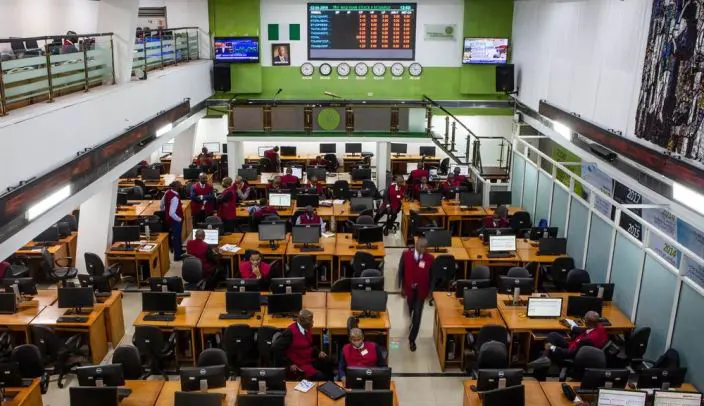High Shipping Costs Add To Automotive Supply Chain Woes
The auto industry, already grappling with a global shortage of microchips, is now seeing another source of supplychain concern: a lack of ships.
Earnings for freighters that move autos and industrial machines across the globe have surged to about $80,000 a day, the highest in data since at least 2000, according to Clarkson Research Services Ltd. a unit of the world’s largest shipbroker.
That represents another small headwind — seaborne trade in cars is a fraction of overall activity — for the industry. The likes of Ford Motor Co. and General Motors already painted a gloomy outlook in recent months, driven primarily by semi-conductor shortages impeding production.
But a stagnating vessel fleet alongside a steady recovery in demand since the nadir of Covid-19 has now spurred record rates for ships that carry as many as 6,500 cars across the globe.
Over a 60- day voyage that would imply about $740 per car, up about fivefold since before the pandemic, according to Bloomberg calculations based on Clarkson data.
The surge has some companies worried about being able to secure ships to haul vehicles, according to Georg Whist, CEO of Gram Car Carriers ASA
“People are concerned they can’t get hold of tonnage,” he said by phone. “It’s underinvestment for many years, and when demand is still there, the day comes when it pops.”















Post Comment